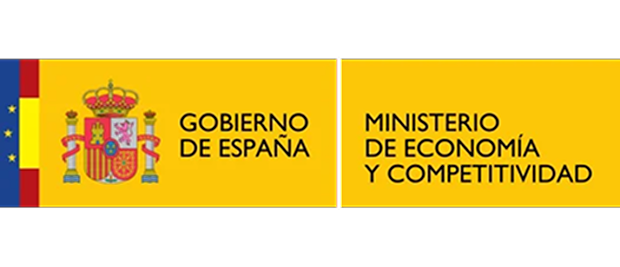Austria has established clear electronic invoicing requirements, particularly in the public sector. Since January 2014, e-invoicing has been mandatory for federal-level transactions, and since 2020, it also applies to suppliers dealing with regional and local administrations. Businesses—both Austrian and foreign—must comply when invoicing public entities, using structured e-invoices submitted through the national e-Rechnung.gv.at portal.
E-invoicing in Austria is based on EU standards and allows for formats such as ebInterface and Peppol BIS 3.0. Suppliers can upload invoices manually or automate submissions through web services. In addition to the national portal, certified providers such us B2Brouter enable electronic invoicing through certified networks such as Peppol. This ensures that companies can meet Austria’s requirements today and be ready for potential future obligations in the private sector.
While B2G e-invoicing is currently mandatory, B2B and B2C use remains voluntary. However, Austria’s regulatory framework may evolve, especially in the context of the EU’s VAT in the Digital Age initiative. The following sections will explore key dates, legal references, and transmission methods to help you understand and prepare for Austria’s e-invoicing landscape.
Important dates
1 January 2026 (anticipated)
Potential implementation of EU's VAT in the Digital Age (ViDA) initiative, which may influence B2B/B2C e-invoicing regulations.
Ongoing
Businesses are encouraged to adopt e-invoicing voluntarily in B2B and B2C sectors to enhance efficiency and compliance.
Legislation
- Mandatory B2G invoicing
E-invoicing is mandatory for all suppliers to public administrations at the federal, regional, and local levels.
- Accepted formats
Austria accepts structured e-invoices in ebInterface 4.3+ and Peppol BIS 3.0, both aligned with EU standards.
- Delivery channels
B2G e-invoices can be submitted via e-Rechnung.gv.at or through certified Peppol providers such as B2Brouter.
- Regulating authority
The Federal Ministry of Finance oversees e-invoicing regulations and ensures compliance with EU directives.
- Archiving requirements:
E-invoices must be stored Electronic invoices must be stored for seven years. Solutions like B2Brouter help ensure compliant archiving.
Optional in B2B and B2C
E-invoicing is voluntary in B2B and B2C transactions, but encouraged for digitalization and process optimization.
ViDA influence expected
Austria is monitoring the EU's VAT in the Digital Age initiative, which could lead to future B2B/B2C mandates.
Send e-invoices to Austria securely with B2Brouter
Compliant and future-proof
Ensure full compliance with Austrian e-invoicing laws and stay ahead of changes with a solution aligned with EU initiatives like ViDA.
Cross-border invoicing made simple
Send e-invoices across borders and within Austria through a certified Peppol access point—ideal for both public and private clients.
ERP integration
Connect your accounting or ERP system easily to B2Brouter to automate invoice creation and delivery without changing your tools.

Certifications
B2Brouter is certified with the ISO 27001 standard on information security management, certified as a Peppol Access Point Service Provider and a member of the EESPA.





